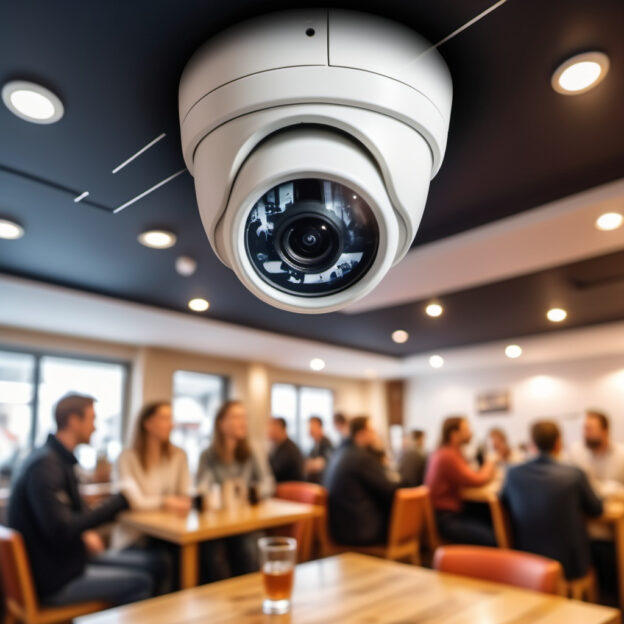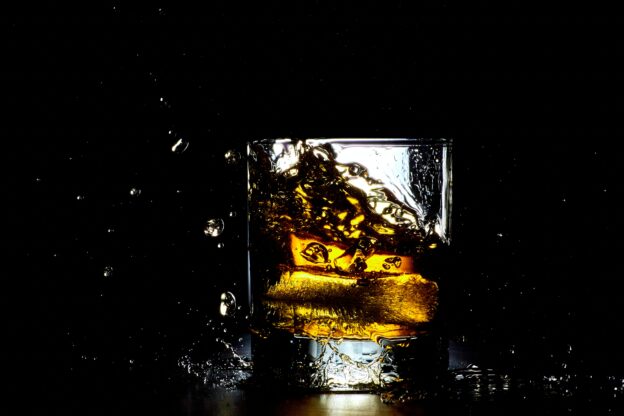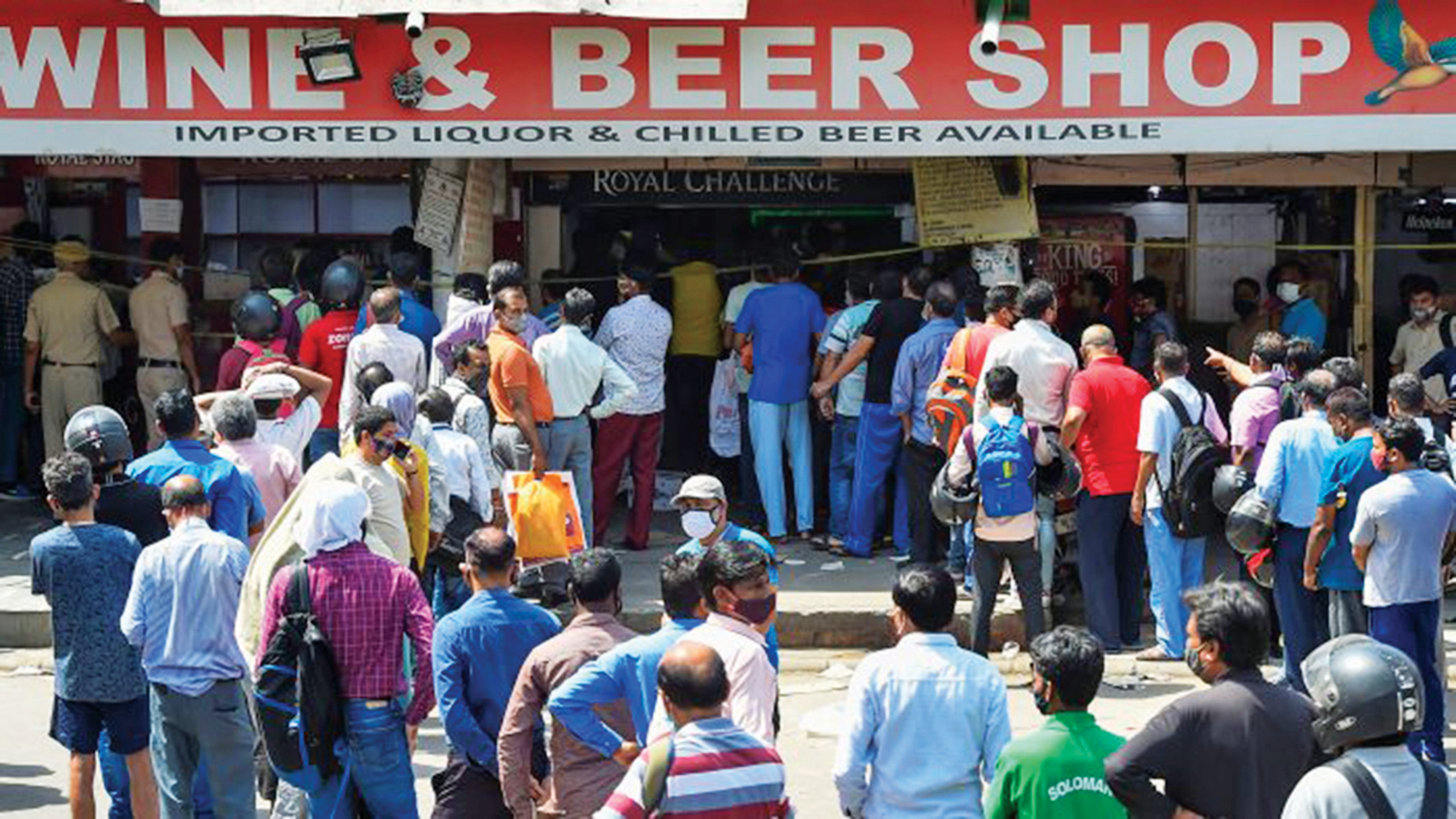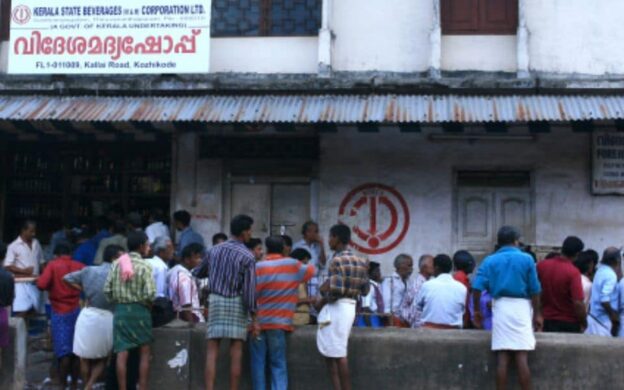The liquor trade in Maharashtra is up in arms as the State Government has passed a resolution mandating that all liquor vends, be it shops, bars, hotels with liquor licences etc to install cameras with artificial intelligence and machine learning features, each said to be costing ₹4.2 lakhs.
The Government Regulation was announced just one day prior to the Election Commission announcing the dates for the elections to the Maharashtra Assembly and the Model Code of Conduct coming into play, leaving the liquor trade in a hapless state.
The liquor trade is approaching the courts over this order which they believe is going to lead to ‘over-regulation’ and ‘monitoring’, besides becoming another tool for corruption. The Government’s contention has been that it wants the vends to install the cameras to ensure that these vends do not sell liquor to underage youth.
The trade terms this measure as ‘draconian’ and another way for the government to harass and make money. It is estimated that with the implementation of this order, the liquor vends in Maharashtra will cough up nearly ₹3,000 crores, with Mumbai accounting for nearly ₹100 crores.
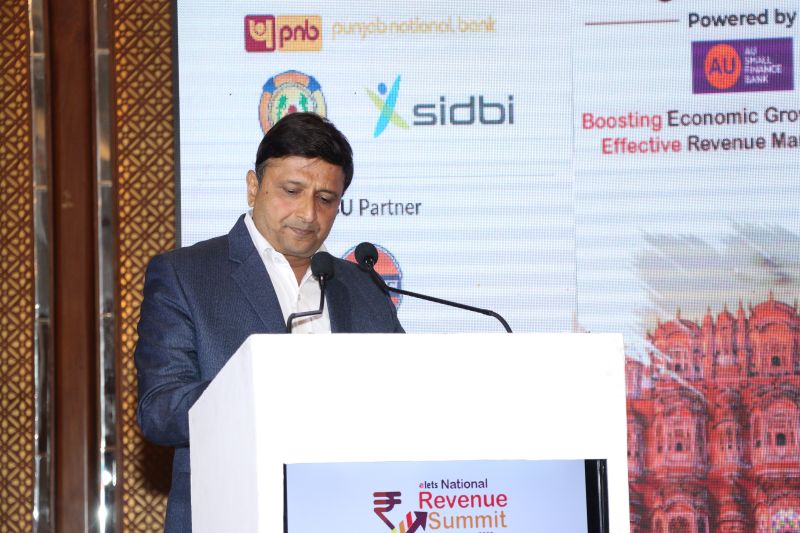
One Vendor Likely To Benefit
The entire order, the trade states, appears ‘fishy’ as only one company is the single vendor in the absence of other suppliers. The Excise Commissioner, Vijay Suryawanshi, however, has clarified that the government only had specified the technology and not the company from whom the cameras could be purchased. He said there are three to four vendors supplying this type of equipment.
The government has initiated this on ‘an experimental basis’ in Mumbai to begin with and on successful implementation here, it plans to roll this out across the State. Soon other states may follow, leading to ‘keeping the liquor trade in a vice-like grip’. The liquor industry, as such, is highly regulated and this new rule will adversely impact businesses.
As per media reports, Pivotchain, a video analytics company, helps secure Government and private companies’ physical infrastructure with large scale Artificial Intelligence driven Video Surveillance (RAVEN AI). They leverage computer vision to provide maximum performance to vision-based systems when solving day-to-day automation challenges at government and military premises, airports, and logistics centres.
The liquor trade members wonder why the need for such sophisticated systems, best usage scenarios being government, military premises etc. There are wine shops, bars, permit rooms etc which number over 2,000 in Mumbai alone and another 1,500 in the metro region. The software company has got three distributors, reportedly owned by one individual, and this has raised doubts on the entire move itself. The government however maintains that these cameras will help track the person (minor or those indulging in criminal activities) with all his or her background and in real-time.
Constant Monitoring Of Liquor Stores
The liquor vends are seeing this as another way of ‘harassing’ the trade. With elections round the corner, the Excise Department has announced guidelines and one of which states that “Licence holders must share a photo of their shop’s closure daily in the group of excise officers and liquor licence holders to confirm adherence to the specified closing timings. Besides, they need to update their shop’s opening purchase, sales, and closing details daily before the store closes. These updates must be logged into the Excise Department portal using individual logins assigned to each licence holder.”
The Excise Department has cautioned that any violation of the guidelines would lead to stricter penalties. As per guidelines for consumers have been advised to purchase liquor well in advance as shops may close earlier than usual time. They are also required to carry valid permits (permanent or temporary) while purchasing, carrying, or possessing liquor in Maharashtra.

